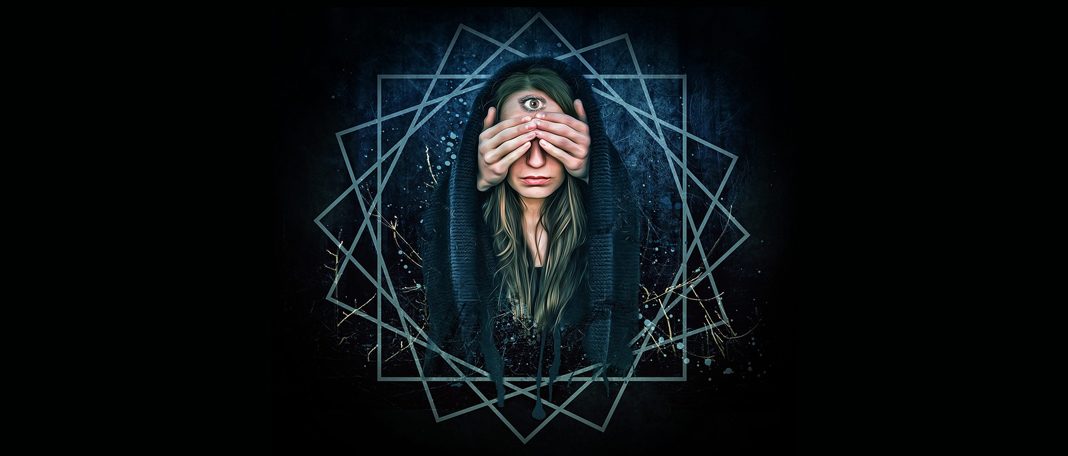Intuition is the ability to understand acts and surroundings instinctively, without any conscious logical reasoning. It is also known as ‘gut feeling.’ Intuition is mostly associated with decision-making.
Interesting Fact About Intuition
The word ‘Intuition’ originated from the Latin verb ‘intueri,’ which translates as ‘consider’ or ‘contemplate.’
Philosopher Immanuel Kant says ‘Thoughts without content are empty, intuitions without concepts are blind.’ he explains that intuition is a cognitive talent that might be called perception.
According to Kant, intuition refers to a mental form (thoughts, memory) that perceives external phenomena (time and space).
Even Albert Einstein stated that “All great achievements of science must start from intuitive knowledge.”
Great philosophers and scientists have stated that they have trusted and followed their gut feeling. The history of intuition runs back to the time of great philosophers. Since Plato, intuition is considered to be a way of communicating with deep oneself, paving for contemporary psychology and philosophy.
However, scientists experience trouble in finding quantifiable evidence that intuition exists. Intuitive experience and behavior were analyzed and studied with theoretical and empirical research.
The scientific facts about intuition have been difficult for scientists to study and gather quantifiable evidence supporting the statement ‘intuition exists.’
Daniel Kahneman research
Daniel Kahneman, a Noble prize winner in economics has proposed we humans have two different thought systems based on his research work on ‘Human judgment and decision-making.’
System 1: fast and intuitive
System 2: slower and relies on reasoning
He considers System 1 to be more prone to errors. ‘The fast and intuitive’ increase the chance of recognizing serious threats and important opportunities. In the case of System 2, a slower thought system based on analytical and logical thinking is less susceptible to take any bad decisions.
In the 1980s, Kahneman, along with his colleague Amos Tversky, conducted research on intuition psychology and decision-making by providing a hypothetical public health-related question to different volunteers. They framed various possible sets of solutions for the volunteers. The volunteers were given a situation to imagine that the US needs to prepare itself for an unusual disease that was expected to kill 600 people and programs for fighting against it had been proposed.
Explore intriguing aspects
- Innate and Unconscious Wisdom: Intuition draws upon our unconscious mind, which processes vast amounts of information without our conscious awareness. It taps into our life experiences, knowledge, and observations, allowing us to make quick judgments and decisions based on this accumulated wisdom. Remarkably, intuition can provide insights and solutions that surpass what our conscious mind can comprehend or articulate.
- Rapid Processing: Intuition operates swiftly, often delivering instantaneous insights and responses. It bypasses the logical, analytical thinking process and reaches conclusions without explicit reasoning. This speed can be particularly advantageous in time-sensitive situations, enabling individuals to react swiftly and effectively.
- Pattern Recognition: Intuition excels at recognizing patterns and detecting subtle cues that may not be immediately apparent. Through pattern recognition, intuition can identify similarities, connections, and underlying relationships that aid in decision-making. It can help professionals such as doctors, detectives, and experienced practitioners in various fields to spot crucial details that may elude a more deliberate analysis.
- Emotional Intelligence: Intuition is closely intertwined with emotions and empathy. It allows us to perceive and understand the emotional states of others, contributing to our ability to empathize and connect on a deeper level. This aspect of intuition plays a vital role in social interactions, leadership, and building meaningful relationships.
- Unconscious Information Integration: Intuition enables the integration and synthesization of unconscious information, combining seemingly unrelated elements to generate novel ideas and solutions.
- Expertise and Practice: Intuition becomes particularly powerful when individuals have developed expertise in a specific domain. Through years of dedicated practice and experience, professionals can fine-tune their intuition, sharpening their ability to make accurate judgments and decisions based on their deep knowledge and finely honed instincts.
- Trusting Intuition: While intuition is a valuable tool, it is essential to balance it with critical thinking and rational analysis. Trusting intuition blindly can lead to errors or biases. However, by integrating intuition with logical reasoning, we can leverage the strengths of both approaches, leading to more comprehensive and informed decision-making.
- Cultivating Intuition: Intuition can be nurtured and cultivated through practices such as mindfulness, meditation, and reflective thinking. By slowing down, quieting the mind, and becoming attuned to our inner signals, we can enhance our intuitive abilities and tap into this innate resource more effectively.
In conclusion, intuition is a captivating and multifaceted aspect of human cognition. It harnesses unconscious wisdom, processes information rapidly, recognizes patterns, incorporates emotional intelligence, integrates unconscious knowledge, benefits from expertise, and can be cultivated through practice.
Types of Intuition Psychology
Author Michelle breaks down intuition into four parts in her book ‘Intuitively You, Evolve Your Life and Mend the World,’ as follows,
- Clairvoyance: The Intuitive Act of Clear Seeing
- Clairaudience: The Intuitive Act of Clear Hearing
- Clairsentience: The Intuitive Act of Clear Sensing
- Claircognizance : The Intuitive Act of Clear Knowing
Intuition is going along with the gut feeling without any reflective thinking. Trusting your intuition takes a lot of courage in making important decisions. Most importantly take experts’ advice and do logical research for any important decision.















